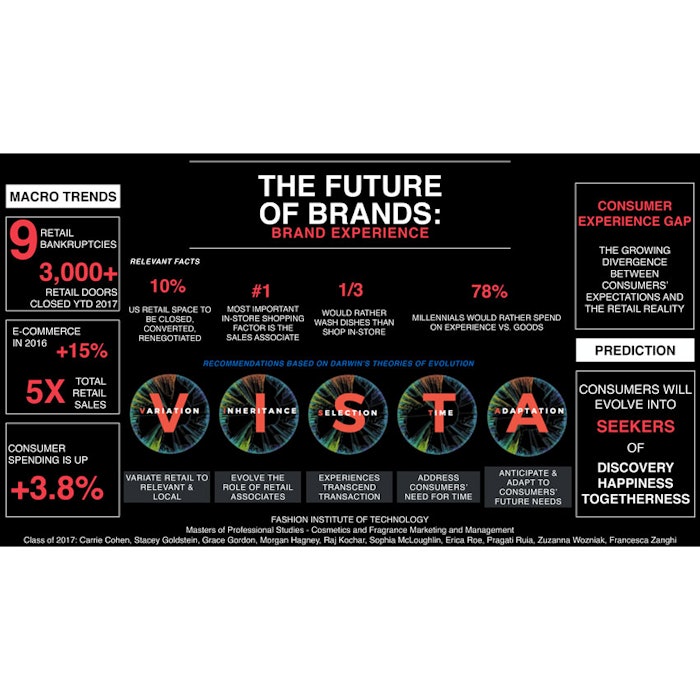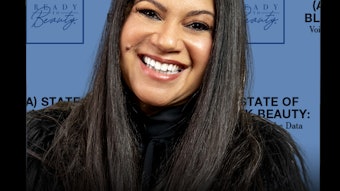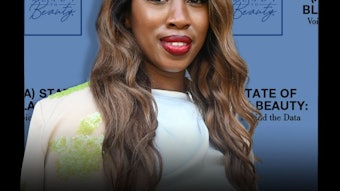
On June 13, the Fashion Institute of Technology’s (FIT) Master of Professional Studies program in Cosmetics and Fragrance Marketing and Management held its annual Capstone Research Presentation.
Beauty industry professionals in attendance were quoted saying, “We are experiencing a renaissance in which the consumer is transitioning from relying on brands for information to actually telling brands what they expect and need, ultimately providing brand direction.”
The FIT 2017 Millennial Consumer Expectation and Brand Perception Survey found that millennial consumers in particular seek out brands they trust and have an emotional connection to.
According to the survey:
- 48% are more likely to buy from a brand if they know the people behind it
- 47% want a brand to take ownership for its mistakes
- 47% want a brand to take their feedback into account
Brand Expression vs. Experience
Graduate students involved with the program analyzed two main areas when it came to beauty brands: brand expression and brand experience.
Brand Expression
The students determined that in order to succeed in the future, brands must gain the trust of consumers. They developed what they call the “Brand Humanization Theory.”
Brand Actualization
- Develop an identifiable purpose for being that goes beyond a mission statement. It's why you do what you do.
- Think small, act big; small is the new big.
- Foster a strong brand community.
Personalization of Scale
- Treat each customer as a market of one (think Netflix and Spotify).
- Engage rather than target customers.
- Use consumer data to improve their lives and offer convenience.
Inside Out Organization
- Emphasize employee relationship management.
- Cultivate a work environment where ideas freely flow between employees at all levels.
- Empower employees to be internal influencers, rather than hiring external influencers, to reach consumers in a more authentic way.
Brand Experience
Students became aware of that fact that consumers are evolving faster than retailers, resulting in what they define as the “Consumer Experience Gap.” Taking into mind Darwin’s evolution theory of VISTA they developed:
- Variation: Demonstrate greater flexibility with store locations and formats. Variation is needed to provide more relevant, unique, and localized shopping experiences. All stores do not, and should not, have to look alike.
- Inheritance: Liberate the role of retail associates via training and empowerment so they can transmit the brand's DNA to better connect and serve customers.
- Selection: Prioritize the consumer over consumption, providing experiences that transcend transaction via immersive brand experiences, social spaces, and holistic lifestyle hubs.
- Time: Recognize that time will soon be the #1 currency for future shoppers.
- Adaption: Consumers will evolve into seekers, pursuing discovery of new experiences that lead to a sense of fulfillment. Anticipating consumer expectations will be the ultimate marker of success and survival in the future.
It’s no secret that millennials love technology. So much so that ecommerce and mobile shopping apps are slowly taking over classic brick and mortar shopping experiences. In order to get these consumers back into stores brands should consider the following:
- Turn a salesperson into a micro-influencer: Retailers need to focus on a salesperson’s training and education when it comes to product knowledge, technology and brand DNA.
- Social spaces: Retailers should concentrate on turning store space into an area where customers can host events while experiencing goods and services of the retailer.
- Think locally: Connect consumers with the local community by converting usable store space.
Key Takeaways:
Retailers must opt for consumer experience over consumption. The interaction that brands have with their consumers creates the understanding necessary for personal connections and valuable experiences that many are looking for when it comes time to buy goods or services.
For more information on FIT’s program please visit: www.fitnyc.edu/cfmm










